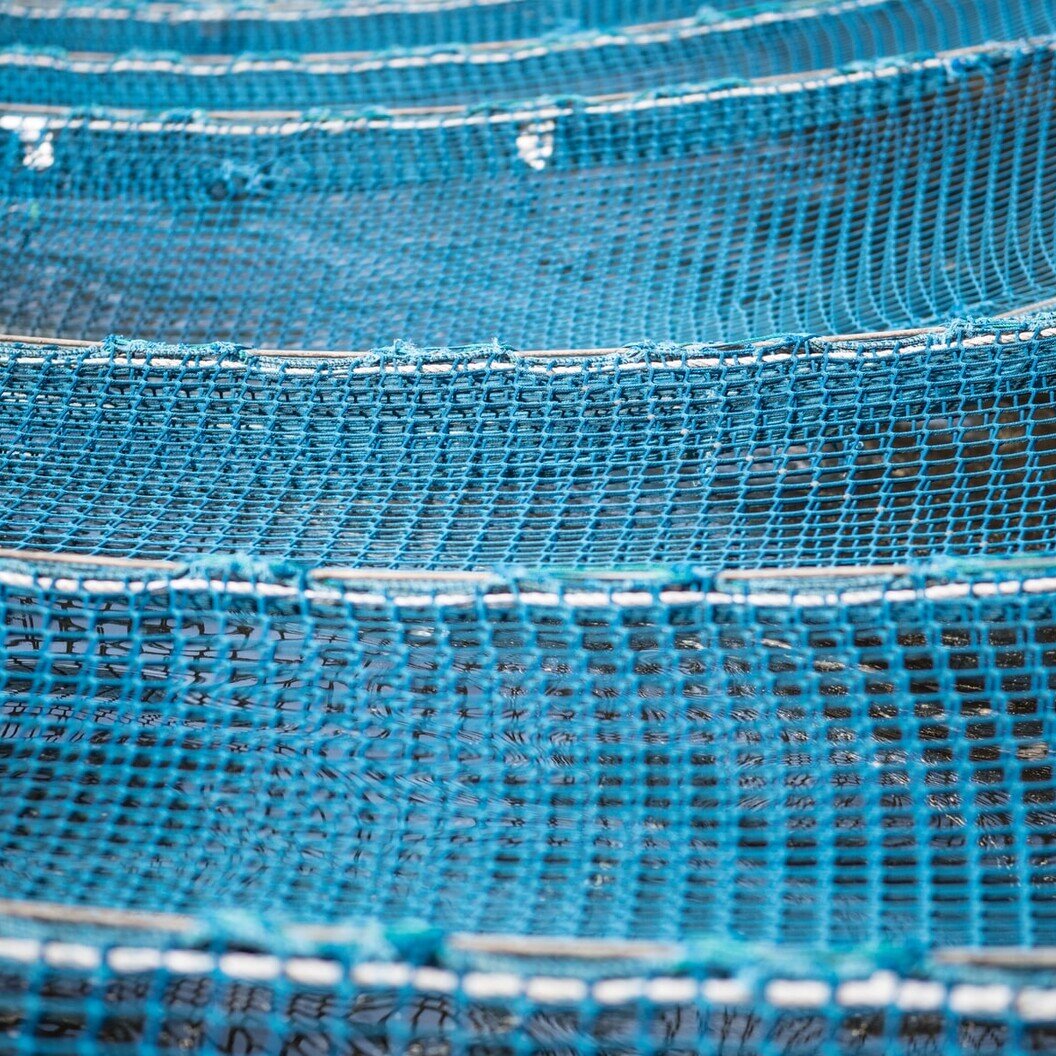Non Food
Materials
Conversion to a more sustainable product range
When designing our products, we prioritize functionality and quality. The product should be usable for as long as possible. When designing our products, we place great importance on functionality and quality. The product should be able to be used for as long as possible—this also has the greatest positive effect in terms of sustainability. In addition to the material and workmanship, aspects such as reparability and timeless design also play a role (more on this: circular economy). When selecting sustainable materials, we rely on recognized external certification standards such as the Global Organic Textile Standard (GOTS), Forest Stewardship Council FSC®, or branded fibers such as Lenzing EcoVero, which source raw materials only from certified sources.
For many products, the right material is the key to success. Our internal sustainability guidelines for product design provide clarity about which materials are permitted and which are not, which sources we use and which we do not, which sustainability requirements we aim to achieve, and which new standards and materials we aim to develop. These guidelines are based on an ever-increasing knowledge of cultivation methods, supply chains, wages, and working conditions. They are not a rigid set of rules, but thrive on continuous development: becoming more sustainable step by step, and in this case, that also means considering the company's profitability in a competitive environment.
Procedure for switching to a more sustainable product range:
- As we transition to a more sustainable product range, we're initially focusing on the core ingredients of our products, as these have the greatest impact.
- In the second step, we look at the other mixed materials in the product.
- And in a third step we look at the additional components, such as buttons and the like.
In parallel with the development of our materials, we are also working on making the processing and finishing of our products more environmentally friendly. We do this, for example, by using bio-based impregnations such as evoPEL for our rainwear or exclusively chrome-free tanned leather for our accessories.

Material goals
TEXTILES
We use 100% sustainable cotton, cellulose fibers, and wool in our textiles today and will continue to do so in the future. In addition, >80% of our wood and paper products are FSC® certified across the entire supply chain. We are also aiming for 50% sustainable synthetic fibers by 2030.
- 100% sustainable cotton
- Use of recycled fibers in other product categories, such as children's textiles, women's and men's clothing, home textiles, and hardware with textile content
- No conventional cashmere and exclusion of alpaca wool
- Use of recycled cotton
HARD GOODS
Today and in the future, we rely on FSC®-certified wood and paper, supplemented by the use of recycled materials. Our FSC® share currently exceeds 80% (purchasing volume 2024), including:
- 75% FSC®-certified wood for Tchibo furniture
- 100% FSC®-certified wood for Tchibo toys
- Expansion of the use of recycled materials in all hardware materials – from plastics to metals
Materials
Cotton
... we foster by purchasing organic cotton and cotton from projects that support sustainable cotton production.
Conventional cotton farming is very resource-intensive and typically involves the use of synthetic pesticides and fertilizers. That's why we decided to switch to more sustainable cotton more than 14 years ago. We focus on certified organic cotton, as this prohibits the use of chemical fertilizers and pesticides. To this end, we work with the Organic Content Standard (OCS) and the Global Organic Textile Standard (GOTS) certification standards. In addition, we have been working with the Cotton made in Africa (CmiA) initiative of the Aid by Trade Foundation since 2007.
In addition, we promote environmentally friendly cotton cultivation directly at the farm level through various projects. The cotton from these projects will be incorporated into our supply chains and products in the future. At Tchibo, we support the transition from conventional to more sustainable farming, give farmers greater predictability and security by purchasing cotton in the organic certification process ("Cotton in Conversion"), increase transparency from the origin to our products, and, through direct contact with farmers and cooperatives, can jointly address environmental and social issues, such as reducing water consumption or women's empowerment, in a much more targeted manner.
FARM PROJECTS:
The project with the Indian cooperative Chetna supports East Indian farmers in growing sustainable cotton. The cotton from this project was used, for example, in our NAH/STUDIO collection. The goal of the project was to achieve ecologically responsible cultivation methods in the cotton sector and to improve the working and living conditions of small and medium-sized cotton producers. Specifically, the support is provided by:
- Payment of a minimum price for the cotton grown
- Access to free (organic) seeds
- Financial incentives for sustainable cultivation
- Support for women in project regions Fairtrade premium for community projects
- Access to free training
The follow-up project with our supplier Pratibha in the Rajasthan region has been running since 2022. This is the follow-up to our Chetna pilot project. In 2025, we already had the first items on sale containing cotton from the Pratibha project. More products will follow.
Synthetic Fibres
In order to conserve finite resources and counteract the increasing environmental pollution caused by plastic waste, we have been using recycled fibers since 2018, such as nylon from old fishing nets, polyester from PET bottles, and textile waste.
Because the recycled yarns we use are certified according to the Global Recycling Standard (GRS) or Recycled Claim Standard (RCS), we can precisely verify the percentage of recycled material in each of our products.

Cellulose-based chemical Fibres
Viscose, modal, and lyocell remain among the most important textile materials in our range. But here too, the fact that they are renewable does not automatically make them sustainable. That is why we rely on cellulose-based chemical fibers from more sustainable sources. The fibers come from FSC® or PEFC® certified forestry at a minimum and, for the most part, are also processed in a more sustainable manner.
Animal fibers and materials
Animal welfare is a key component of our sustainability commitment. Our goal is to only use materials of animal origin for our Tchibo products if the animals are treated humanely during rearing, shearing, transport, or slaughter. At the same time, we are working to use and promote alternative materials without animal origin.
To protect animal welfare and the environment for our materials of animal origin, we work with recognized standards that are independently audited: the DOWNPASS Standard and the Responsible Wool Standard (RWS). Since 2021, we have also been using The Good Cashmere Standard from the Aid by Trade Foundation for our product ranges.
Since 2025, 100% of our wool and cashmere products have been certified according to these standards. For our home textiles ranges, we only use feathers and down that are certified or recycled in accordance with the DOWNPASS standard or the Responsible Down Standard (RDS). Since 2024, we have excluded the use of feathers and down in our newly launched clothing products.
Wood and paper
... foster the conservation of biodiversity and support responsible forest management.
* according to purchasing volume in 2024
Promoting responsible forest management and preventing illegal deforestation are the absolute foundation of our sustainability commitment. We rely on a balanced mix of European-sourced wood and sustainably certified wood from tropical or boreal climates.
Forests are irreplaceable. To contribute to their protection, we implement various measures throughout the product development process: from tracing origins and supplier verification to high sustainability standard FSC®.
Plastic
We believe that plastic can also be a sensible material from an environmental perspective if it is used, disposed of, and recycled properly. Therefore, we pursue the principle of "Zero Waste" before "Zero Plastic." This means we want to produce as little single-use plastic and products as possible, as well as as little waste as possible. Resource conservation and closed material cycles, i.e., ensuring the recyclability of our products, play a central role in this. Therefore, we focus on using recycled, bio-based, and recyclable materials for our plastic products.

Innovative Materials
Looking ahead, we're constantly on the lookout for new ideas and innovative materials that will make our product range even more sustainable.
We have already introduced some innovative materials to our shelves: sneakers made from vegan coffee leather from our Tchibo roastery in collaboration with VLACE, non-food items made from I'm Green™ PE (a bio-polyethylene made from sugar cane), ECONYL® (a recycled fiber made from nylon waste such as fishing nets, fabric scraps, and carpet waste), and sportswear made from textile-to-textile recycled polyester produced using an innovative chemical recycling process.
